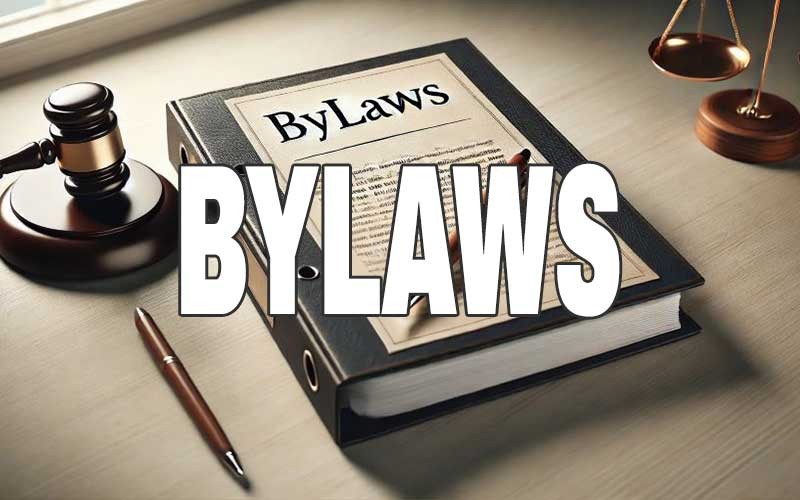Bylaws
Bylaws are reviewed regularly to ensure that they remain appropriate to our circumstances. For more information please contact Strategic Policy.
Why does Council have bylaws?
Bylaws allow Council to exercise some control over practices in the district. Some examples are deciding where dogs can be exercised off leash; setting appropriate urban speed levels; advertising signage rules in public places; dealing with nuisance caused by animals in the urban area; busking, begging and vehicle window washing in our CBD areas; freedom camping permissions, controls and locations; banning alcohol on rural walkways like Te Waihou for instance; and a host of other controls to deal with issues that arise from time to time. Bylaws govern, manage and control activities in the South Waikato.
These Bylaws are put in place for several reasons, including protecting public health and safety, protecting the environment, allowing for community enjoyment of our facilities and public places, coping with nuisances, setting operational standards, among others.
Bylaw Listing
- Bylaws Administration Bylaw 2017(PDF 802KB)
- Cemeteries Bylaw 2017 (PDF 813KB)
- Cultural and Recreational Facilities 2017 (PDF 762KB)
- Dog Control Bylaw 2017 (PDF 8.4MB)
- Freedom Camping Bylaw 2021 (PDF 2.5MB)
- Hostels Bylaw 2017 (PDF 700KB)
- Keeping of Animals, Poultry and Bees Bylaw 2017 (PDF 1,000KB)
- Land Transport Bylaw 2017 (PDF 2.6MB)
- Property Maintenance and Nuisance Bylaw 2017 (PDF 500KB)
- Prostitution Location and Signage Bylaw 2017 (PDF 500KB)
- Public Places Bylaw 2022 (PDF 1.6MB)
- Solid Waste Management and Minimisation Bylaw 2021 (PDF, 4.1MB)
- Trade Waste Bylaw 2017 (PDF 700KB)
- Water Supply Bylaw 2020 (PDF 960KB)


